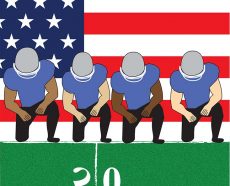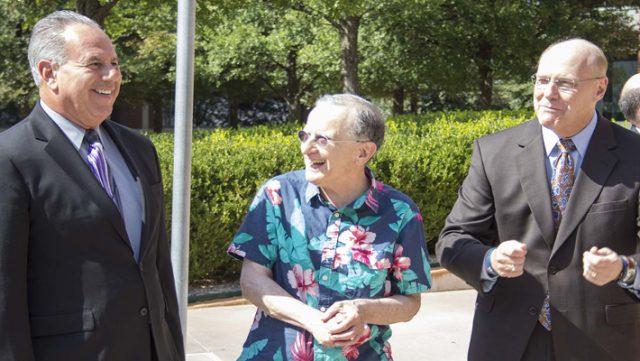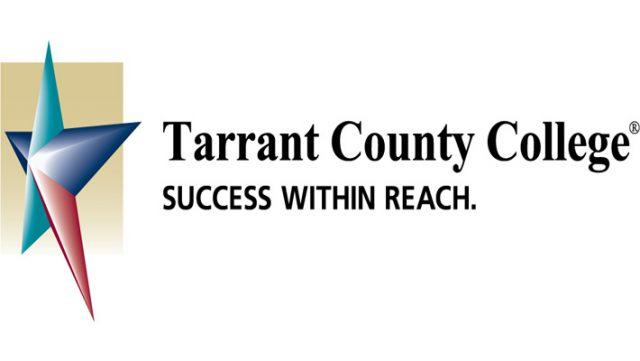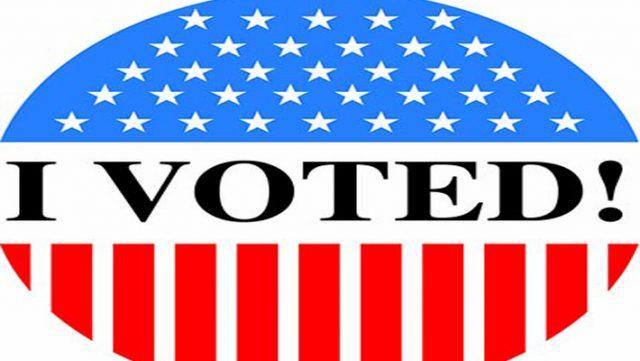Patriotism runs deep in American culture. Practically every history text praises our Founding Fathers and the morals that our country was based on.

Recently, however, some professional athletes are taking a stand, or rather a knee, during our national anthem. The first to do so publicly was San Francisco 49ers quarterback Colin Kaepernick. He said taking a knee was an act of protest against the way African-Americans are treated by police and a justice system that has failed them.
Since his bold move, many others have joined in, like Kaepernick’s teammate Eric Reid, Seattle Seahawks player Jeremy Lane and soccer player Megan Rapinoe.
The national anthem is a staple of patriotism, and for such public figures to openly reject that sentiment has caused quite an uproar.
Because of the First Amendment, people can’t be forced to stand for the anthem. Had it been people with less notoriety, there may not be anyone upset at all.
People at every event choose not to partake in the ritual, and it’s their right just as it is the right of the players.
There is no question that part of our past is less than pristine. Oppression, racism and sexism are a part of that unchangeable history.
So if anyone were to feel strongly enough about that injustice and sit during the anthem, let them. America is founded on the right to believe what you want and to stand — or kneel — for those beliefs.
Some argue the anthem stands for more than U.S. history but also as a show of support for the men and women in the military serving the country. Kaepernick has said that the protest isn’t meant to be disrespectful to them or be blatantly anti-American but just to attempt to bring change to a corrupt system.
Athletes might have more effective ways to protest the skewed justice system. Taking a knee publicly does attract attention to the matter, but it doesn’t do anything to actively change what’s happening.
They could arrange walks to raise money for families who have been affected by police brutality. They could promote support for cops who do their jobs correctly and risk their lives without injuring people.
John Legend funded a troop of food trucks to feed protesters in New York. Beyoncé and Jay Z supposedly bailed out protesters in Baltimore and Ferguson. LeBron James and Kobe Bryant warmed up before a game in shirts that read “I Can’t Breathe.”
All of these were ways to support the movement to end police brutality. Refusing to acknowledge the national anthem is a powerful message, but it offends many people.
Maybe as professional athletes, all they have to do is talk about the issues and refuse to support a corrupt system to help the movement, but it would do so much more if they used their fame for more than just talking about it.























